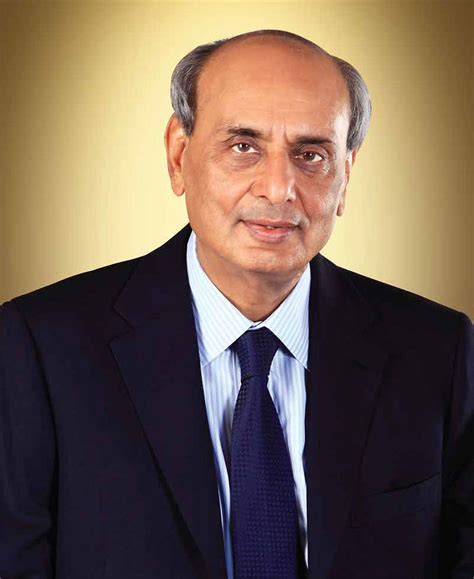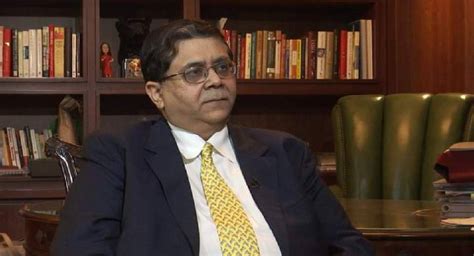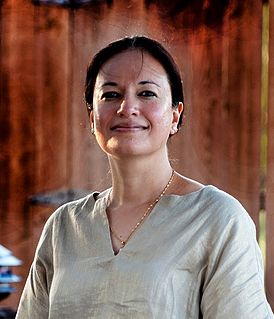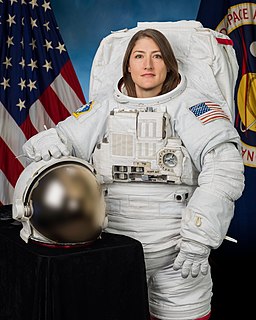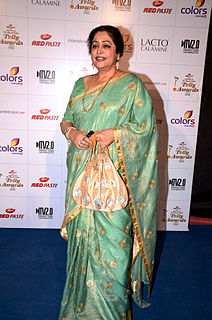A Quote by Mian Muhammad Mansha
I want to be the first Pakistani, like some of our counterparts in India, to really go out and show that we Pakistanis can even be successful outside Pakistan.
Related Quotes
Some Pakistanis fought for the Taliban. Pakistani extremist groups provided infrastructural support to Al Qaeda. There was a coming and going of Al Qaeda militants and leaders between Afghanistan and Pakistan for several years. All that has really happened is that Al Qaeda has escaped from Afghanistan come into Pakistan, got in touch with their contacts and friends in these extremist groups, which then provided them with safe houses, cars, and not just in the border areas but also in the cities. Rooting out Al Qaeda in Pakistan now is where the main battle is being fought.
In India you don't find propaganda against Pakistan. During the war there was a little of it, naturally, but even during the war we were able to control it. In fact the Pakistanis were astonished by this. There were prisoners in the camp hospitals who exclaimed, 'What? You're a Hindu doctor and you want to cure me?'
Well, you got to remember, bin Laden killed 3,000 Americans and, in some ways, he and his ideology killed tens of thousands of his fellow Muslims, including Pakistanis. I understand that that was provocative and complicated for Pakistan, but only if you accept the idea that he was an acceptable member of Pakistani society.
There are really at least two Indias, there is an India or a shining India the one which the west seas usually through urbanize and there is an India outside some of the big metro policies and in even the tier two cities and in rural India which is completely different. It goes by the name of Bahar which is a traditional name for India.
Both India and Pakistan have a long history of deploying rhetorical strategies to skirt the issue of plebiscite or complete secession of the former princely state of Jammu and Kashmir. When feeling particularly belligerent Pakistan cries itself hoarse declaring the legitimacy of plebiscite held under United Nations auspices in J & K; India responds just as aggressively by demanding the complete withdrawal of Pakistani troops from the territory of pre-partition J & K; or, in a moment of neighborly solicitude, for conversion of the LOC to a permanent International border.
My father's from Pakistan and he has been a secularist all his life. In the Pakistani context, there's no messing with religion. There's been a battle for the soul of Pakistan since 1947 and I have grown up without any illusions about the dangers of religious power in the context of a country like Pakistan.
I remember harrowing episodes. People who emigrated, people who didn't want to emigrate...Many Muslims didn't want to leave India to go to live in Pakistan, but the propaganda was that there they'd have greater opportunities and so they left. Many Hindus, on the other hand, didn't want to stay in Pakistan, but they had ties there or property and so they stayed.
The real concern is that Iran would do what Pakistan did. Pakistan wanted nuclear weapons, like Iran, purely for defensive reasons - to defend itself against India. The problem was that once Pakistan acquired the weapons, it allowed the country to be more aggressive. So they stepped up their support for the Kashmiri terrorists, and it led very quickly to the Kargil crisis in 2000, which almost sparked a nuclear war between India and Pakistan.
India had barely become independent, in 1947, when Pakistan invaded Kashmir, which at the time was ruled by a maharajah. The maharajah fled, and the people of Kashmir, led by Sheikh Abdullah, asked for Indian help. Lord [Louis] Mountbatten, who was still governor general, replied that he wouldn't be able to supply aid to Kashmir unless Pakistan declared war, and he didn't seem bothered by the fact that the Pakistanis were slaughtering the population.
